IOC decision puts Zakarin, Zabelinskaya out of Olympic Games
Russia escapes blanket ban, but athletes with past doping suspensions barred
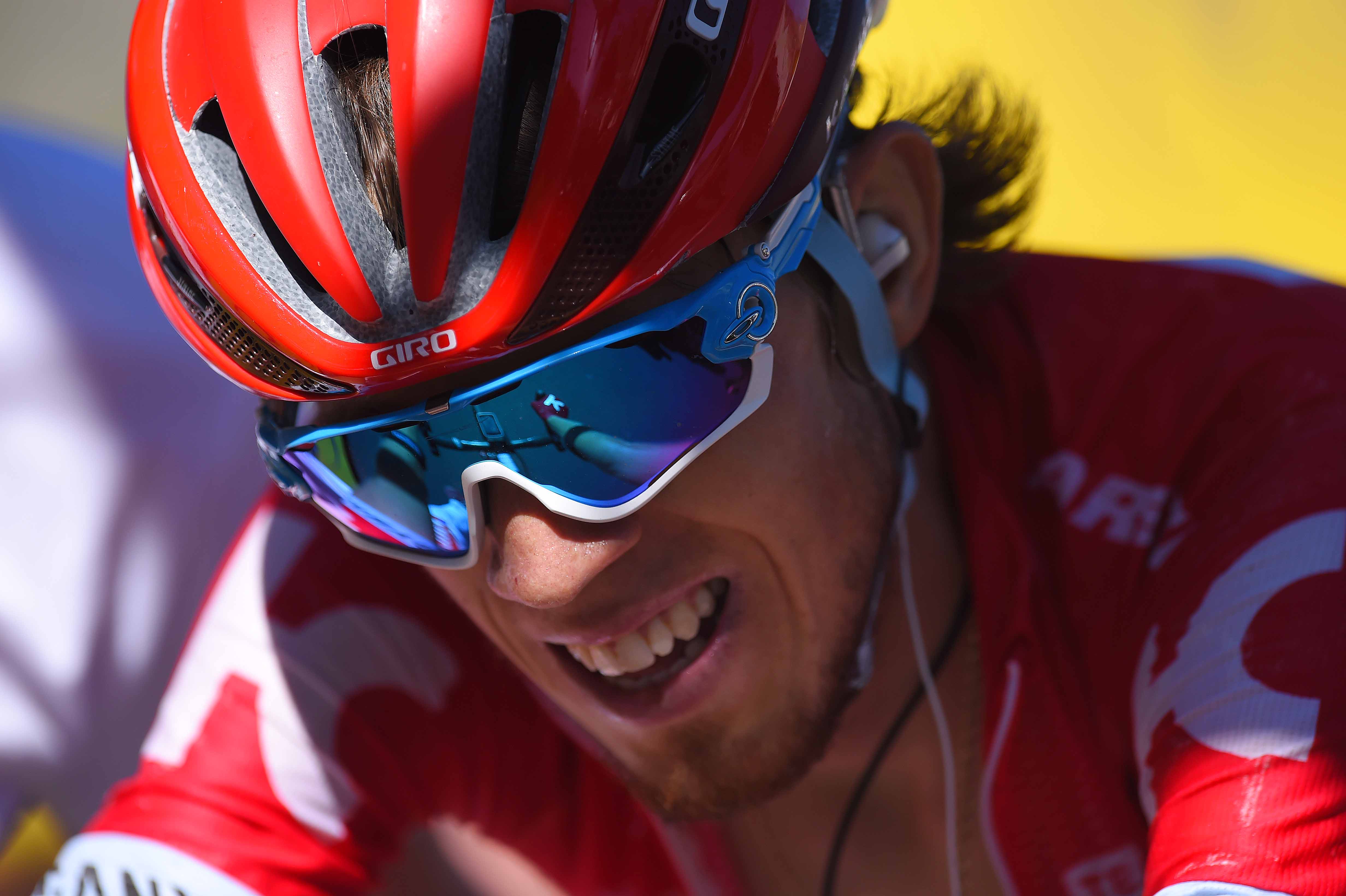
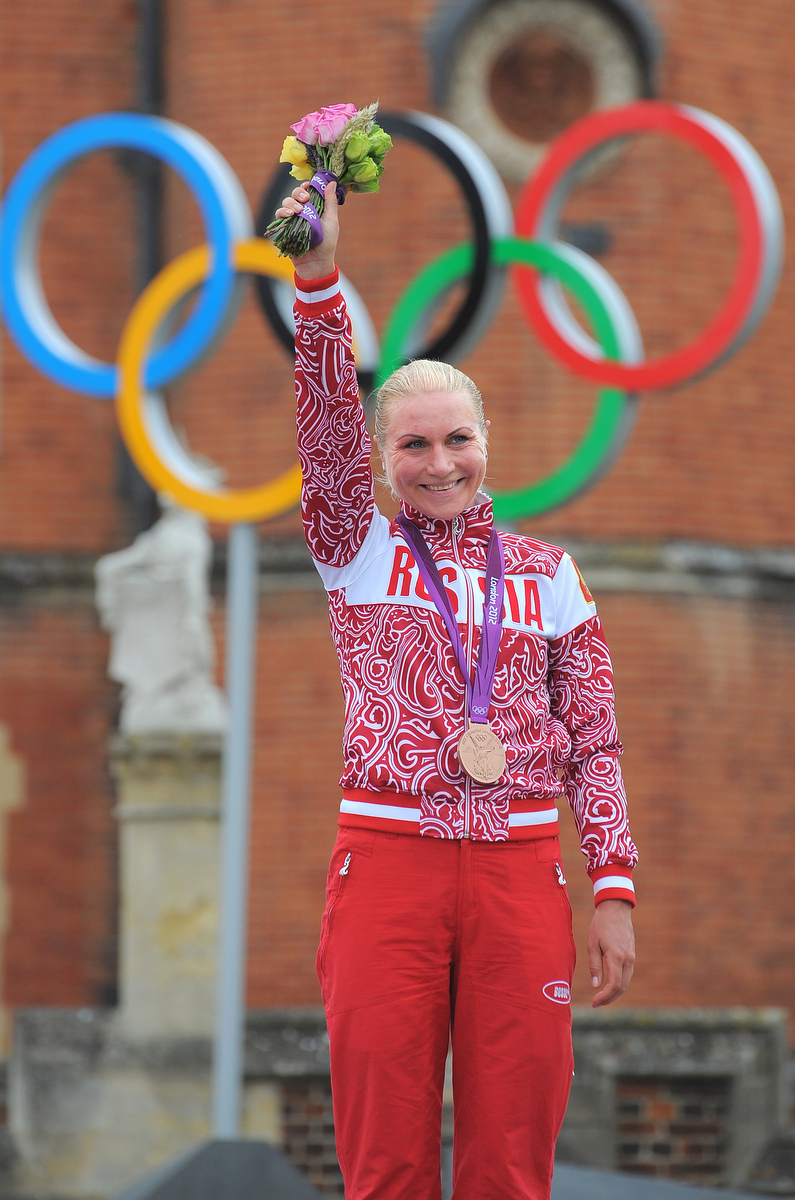
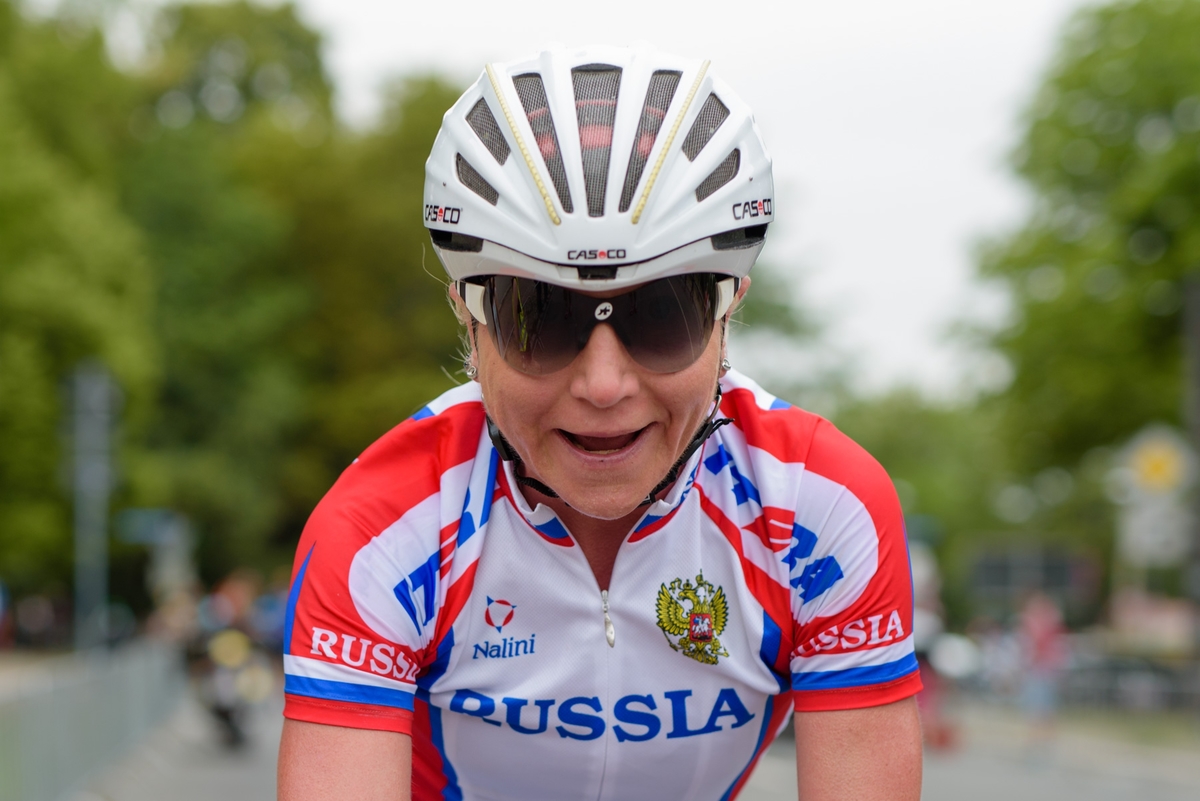
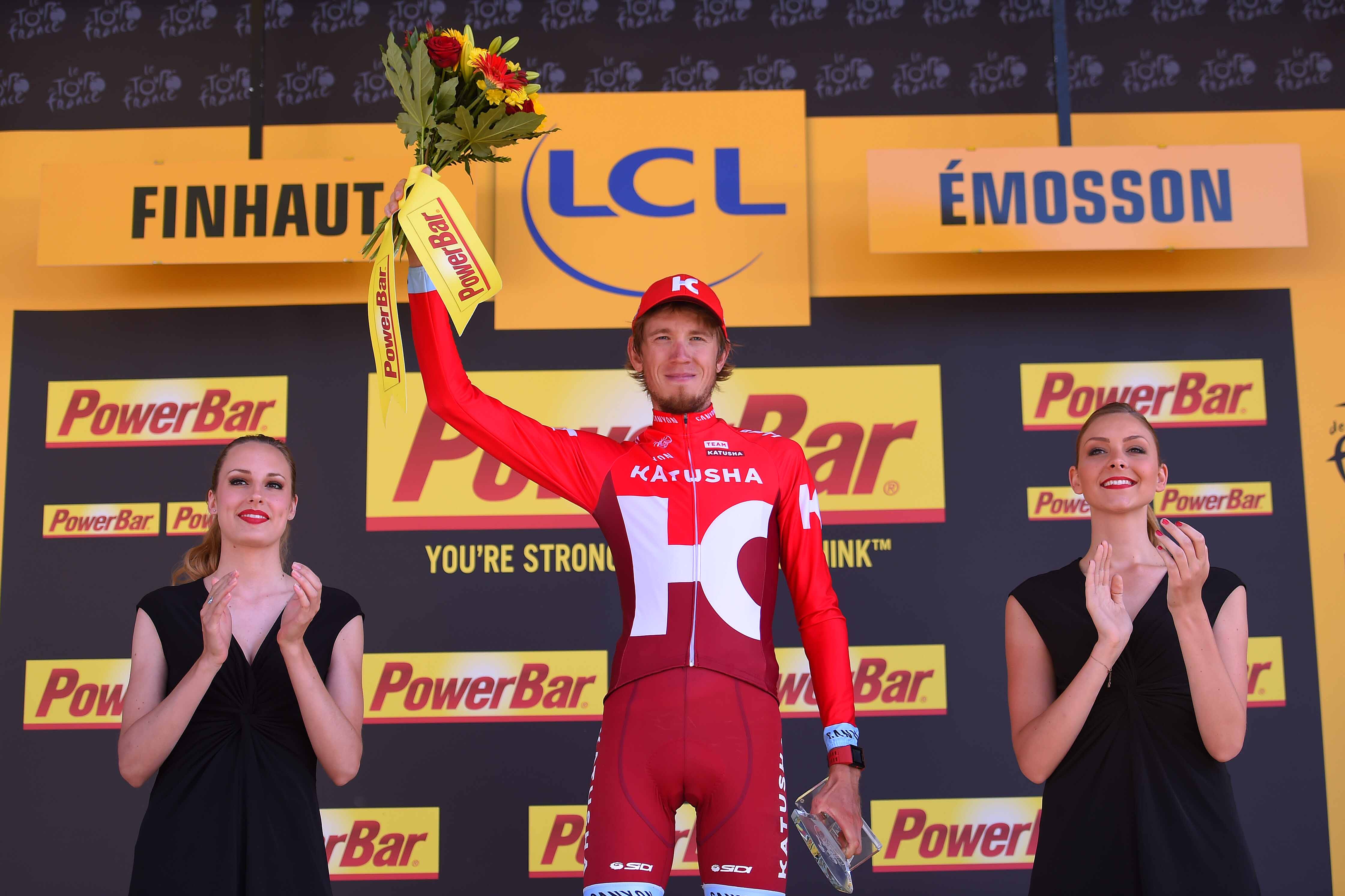
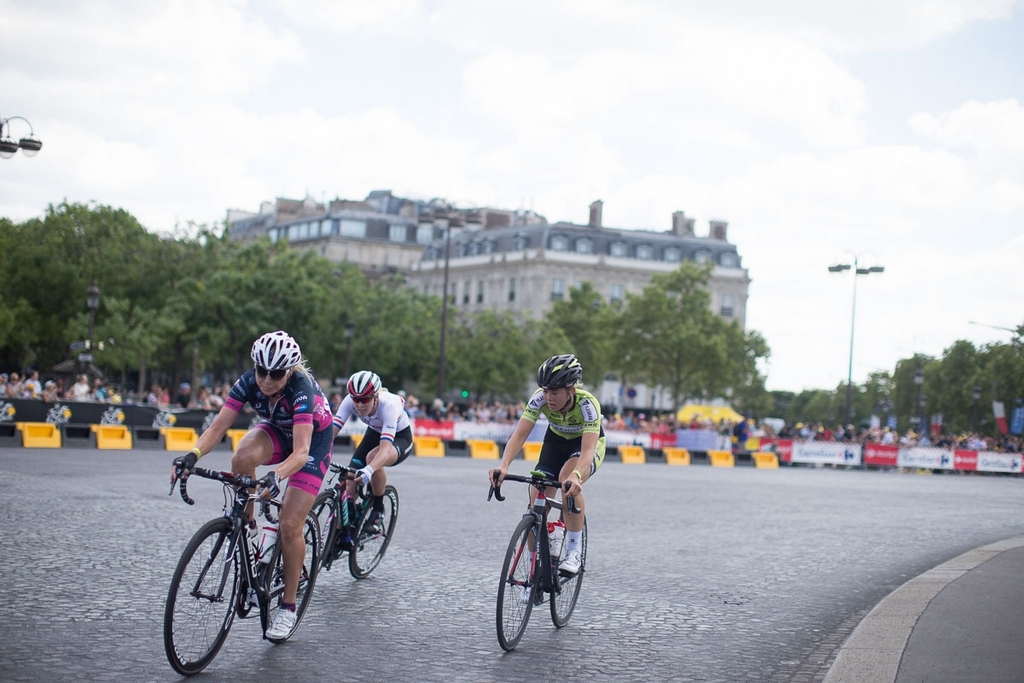
A decision by the International Olympic Committee (IOC) today will see two cyclists barred from competing in the Olympic Games in Rio de Janeiro next month.
Following the publication of the independent McLaren report into state-sanctioned doping and cover-ups that revealed more than 20 'disappearing doping positives' in cycling and more than 100 in athletics and weightlifting, the IOC Executive Board announced it would limit Russia's participation in the Rio Games.
The country escaped a wholesale ban of all athletes, but the IOC EB decided that the Russian Olympic Committee "is not allowed to enter any athlete for the Olympic Games Rio 2016 who has ever been sanctioned for doping, even if he or she has served the sanction."
That condition would apply to both Ilnur Zakarin (Katusha), who in 2009 served a two-year ban for the anabolic steroid methandienone, and Olga Zabelinskaya (BePink), who earlier this year accepted a retroactive 18-month ban for a banned stimulant octopamine. Zabelinskaya won two bronze medals in the 2012 Olympic Games in London.
"On the basis of the Findings of the IP Report, all Russian athletes seeking entry to the Olympic Games Rio 2016 are considered to be affected by a system subverting and manipulating the anti-doping system," the IOC decision read. "The IP Report indicates that, due to 'the highly compressed timeline', the IP has 'only skimmed the surface of the extensive data available'."
Before the 2012 Olympic Games, the Court of Arbitration for Sport ruled that a similar ban applied by national federations, known as the "Osaka Rule" violated both the Olympic charter and the WADA code, and overturned lifetime Olympic bans of athletes such as David Millar.
For Rio, the IOC also placed strict conditions on the entry of other Russian athletes, stating that all would be "subject to a rigorous additional out-of-competition testing programme in coordination with the relevant international federation (IF) and WADA. Any non-availability for this programme will lead to the immediate withdrawal of the accreditation by the IOC."
Get The Leadout Newsletter
The latest race content, interviews, features, reviews and expert buying guides, direct to your inbox!
The decision also requires each federation such as the UCI to examine the information in the McLaren report and to obtain from WADA the names of athletes and their national federation who are implicated in doping.
The IOC performed re-tests on samples from the 2008 Beijing and 2012 London Olympic Games, uncovering a total of 98 doping positives, many of which were from medalists. Names have not yet been released pending disciplinary action by the responsible federations.
"Nobody implicated, be it an athlete, an official, or an [National Federation], may be accepted for entry or accreditation for the Olympic Games," the IOC stated.

Laura Weislo has been with Cyclingnews since 2006 after making a switch from a career in science. As Managing Editor, she coordinates coverage for North American events and global news. As former elite-level road racer who dabbled in cyclo-cross and track, Laura has a passion for all three disciplines. When not working she likes to go camping and explore lesser traveled roads, paths and gravel tracks. Laura specialises in covering doping, anti-doping, UCI governance and performing data analysis.